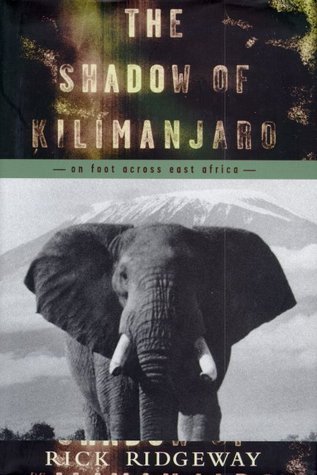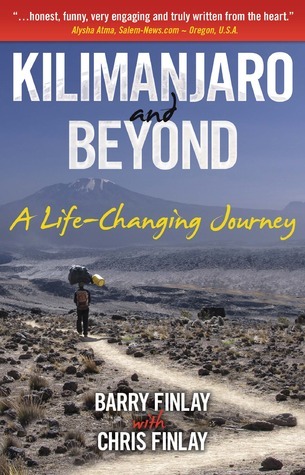
The Shadow of Kilimanjaro: On Foot Across East Africa
Book Description
Beneath the towering splendor of Kilimanjaro lies a treacherous path where danger and beauty collide. As Rick Ridgeway traverses the wild heart of East Africa, he faces relentless challenges—harsh terrain, unpredictable weather, and the specter of unseen wildlife. Each step reveals stunning landscapes and raw encounters that test his resolve and reshape his understanding of nature. With the stakes rising, camaraderie blossoms amidst the struggle, illuminating the profound connections forged in adversity. What truths will emerge when humanity confronts the untamed wilderness?
Quick Book Summary
"The Shadow of Kilimanjaro" chronicles Rick Ridgeway's dramatic trek on foot across the wild expanse of East Africa, from the shadow of Mount Kilimanjaro to the Indian Ocean. Accompanied by a diverse team including environmentalist Ian Player, Ridgeway’s journey traverses breathtaking landscapes teeming with wildlife and threaded with peril—from lion sightings to grueling terrain and capricious weather. As Ridgeway confronts both external dangers and the personal challenges of fatigue and fear, he is drawn into profound reflections on the interconnectedness of humans and the natural world. The journey is more than a feat of endurance; it becomes a window into the fragile balance of Africa’s ecosystems, the impact of poaching, and the resilience required to traverse both the physical and philosophical wilds. Tensions and camaraderie intensify against the backdrop of a continent in ecological flux, culminating in insights about conservation, coexistence, and the transformative power of adventure.
Summary of Key Ideas
Table of Contents
Humans and Wildlife: Encounters and Reflections
Rick Ridgeway's trek begins under Kilimanjaro’s looming presence, setting an immediate tone of awe and humility. The team, made up of conservationists, guides, and trackers, quickly learns that this journey will test every member’s limits. The group navigates arid plains, dense forests, and river crossings, often on unreliable paths, all while deeply aware of the dangers posed by predators such as lions and elephants. The journey’s logistics—water shortages, limited supplies, and unpredictable weather—create a constant challenge.
The Challenge and Beauty of the African Landscape
Interwoven with the physical hardships are Ridgeway's encounters with the region's rich wildlife. From close calls with large mammals to quiet observations of birds and insects, each interaction offers insight into the fragile coexistence between humans and animals. Ridgeway reflects on the privilege of experiencing such proximity to wilderness, yet he is haunted by the evidence of poaching and habitat destruction. These tensions become a lens through which the author contemplates humanity’s impact on the environment and the urgent need for stewardship.
Camaraderie and Personal Growth through Adversity
The journey not only tests Ridgeway’s body but also prompts deep introspection. Moments of fear, fatigue, and frustration lead to discussions and camaraderie among the travelers, especially with figures like Ian Player who bring decades of conservation experience. The bonds that form in the crucible of adversity highlight the power of shared purpose, turning hardship into meaning and conflict into growth. Ridgeway’s own perceptions and values evolve as the miles accumulate and obstacles mount.
Conservation, Poaching, and Ecological Awareness
Threaded through the adventure are stories and observations about conservation, poaching, and ecological threats. Ridgeway juxtaposes stories of hope—like community-based wildlife protections—with grim realities of declining animal populations. He emphasizes the intricate web connecting humans, animals, and the land, conveying both the urgency for action and the immense challenges faced by conservationists in East Africa. These realities underpin Ridgeway’s growing sense of responsibility and his drive to share his experiences with a wider audience.
The Transformative Power of Immersion in Nature
As the group nears the Indian Ocean, the trek culminates in a profound appreciation for the resilience of both nature and the human spirit. The hardships endured deepen Ridgeway’s understanding of himself and the wild places he treasures. The journey underscores the transformative effect of immersion in nature and the significance of preserving such experiences for future generations. Ridgeway’s narrative closes not simply with personal achievement, but with a call to action: to protect Africa’s wild heart before it—and its lessons—are lost.
Download This Summary
Get a free PDF of this summary instantly — no email required.





